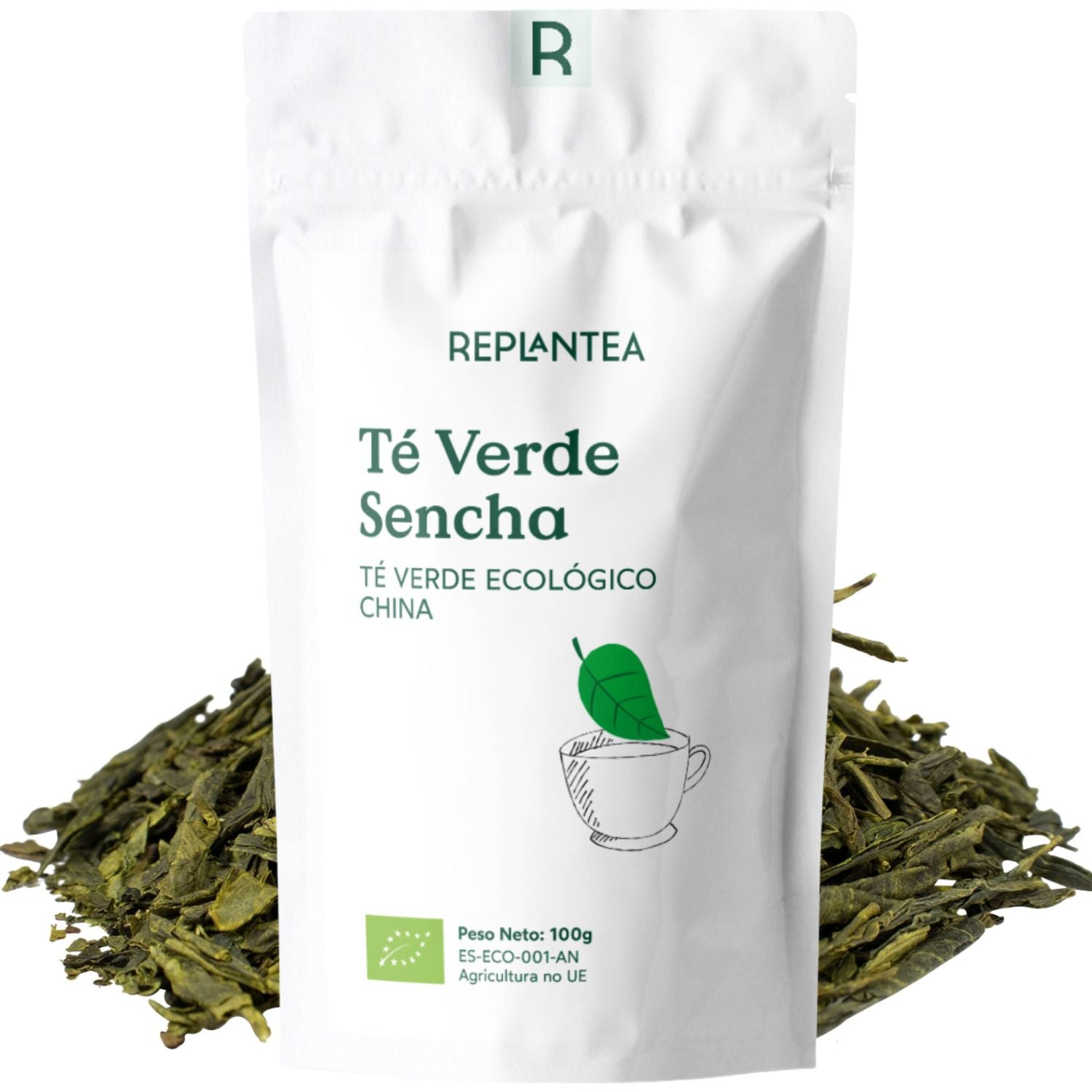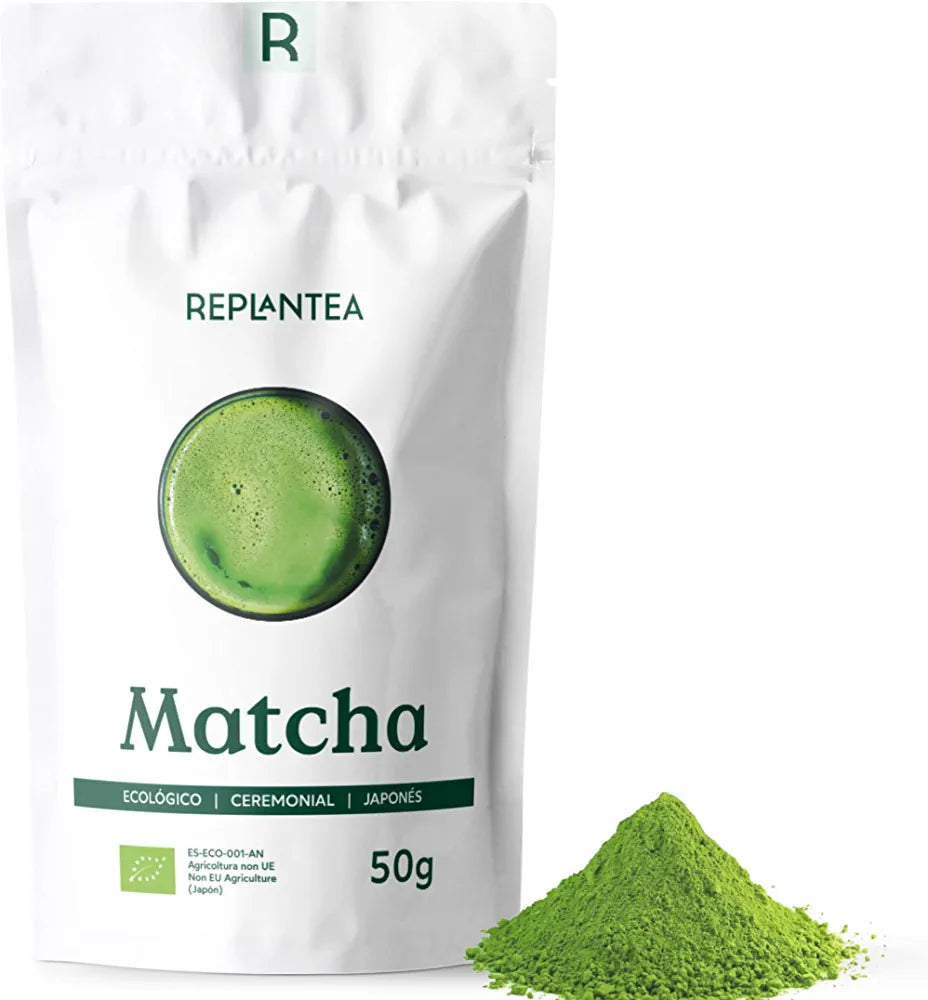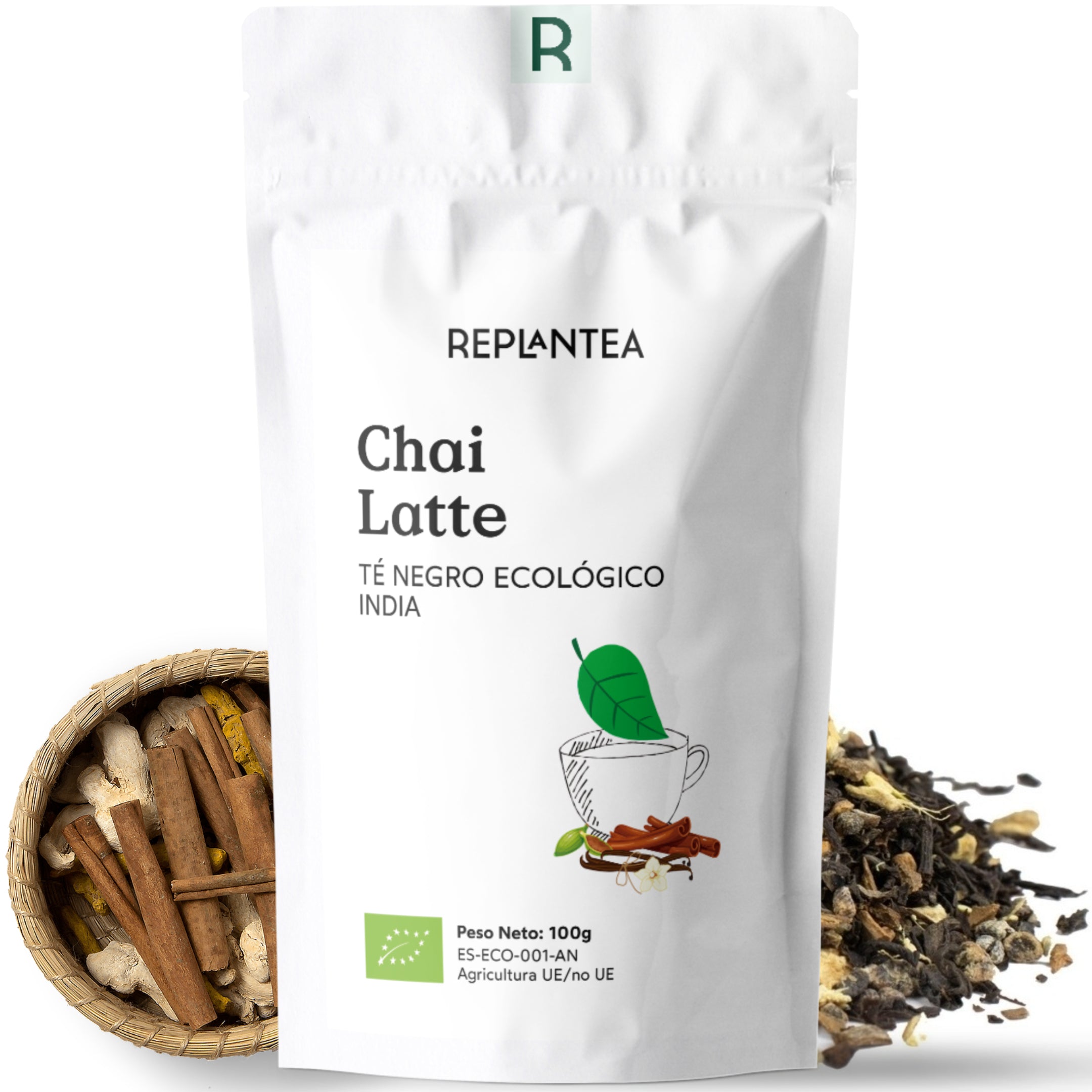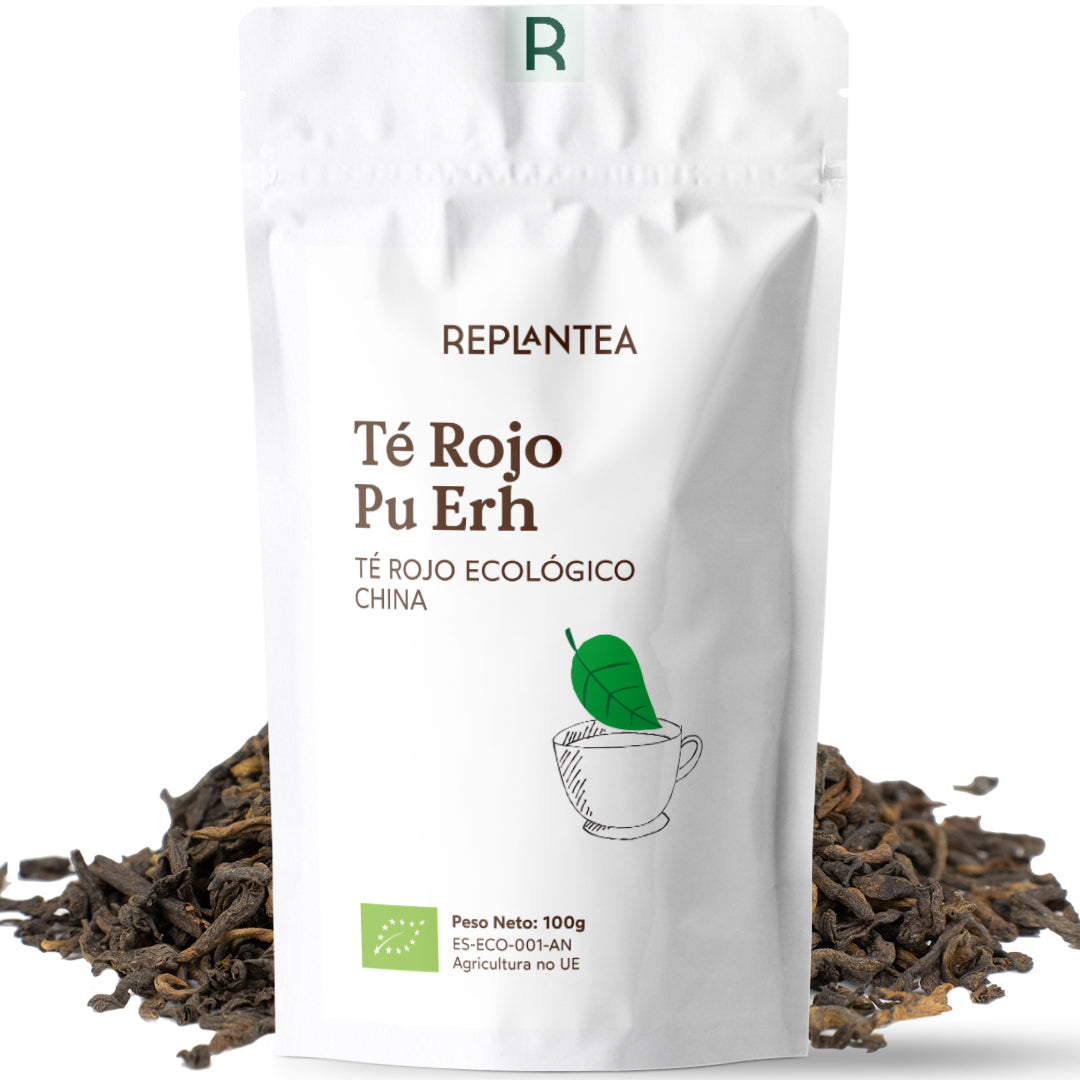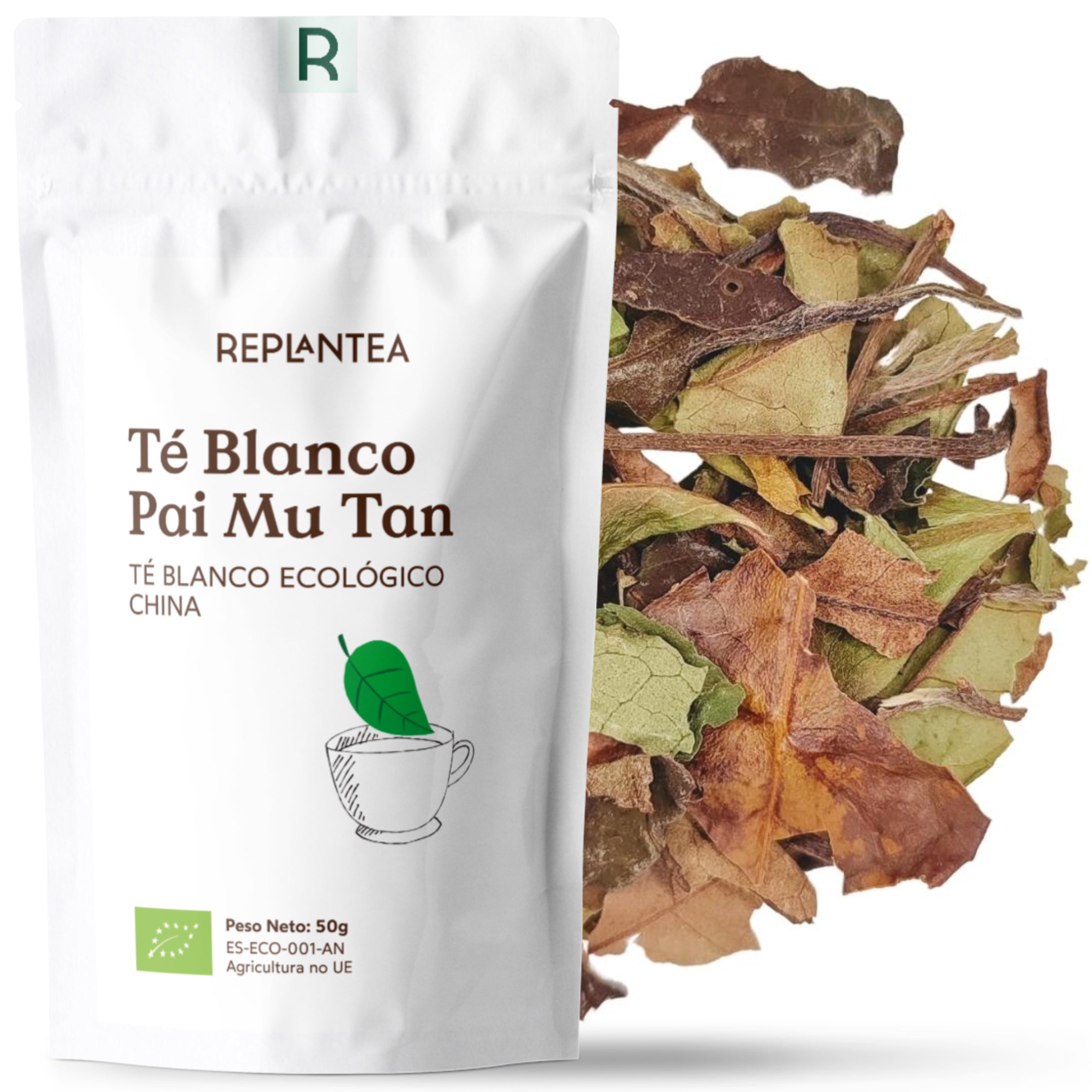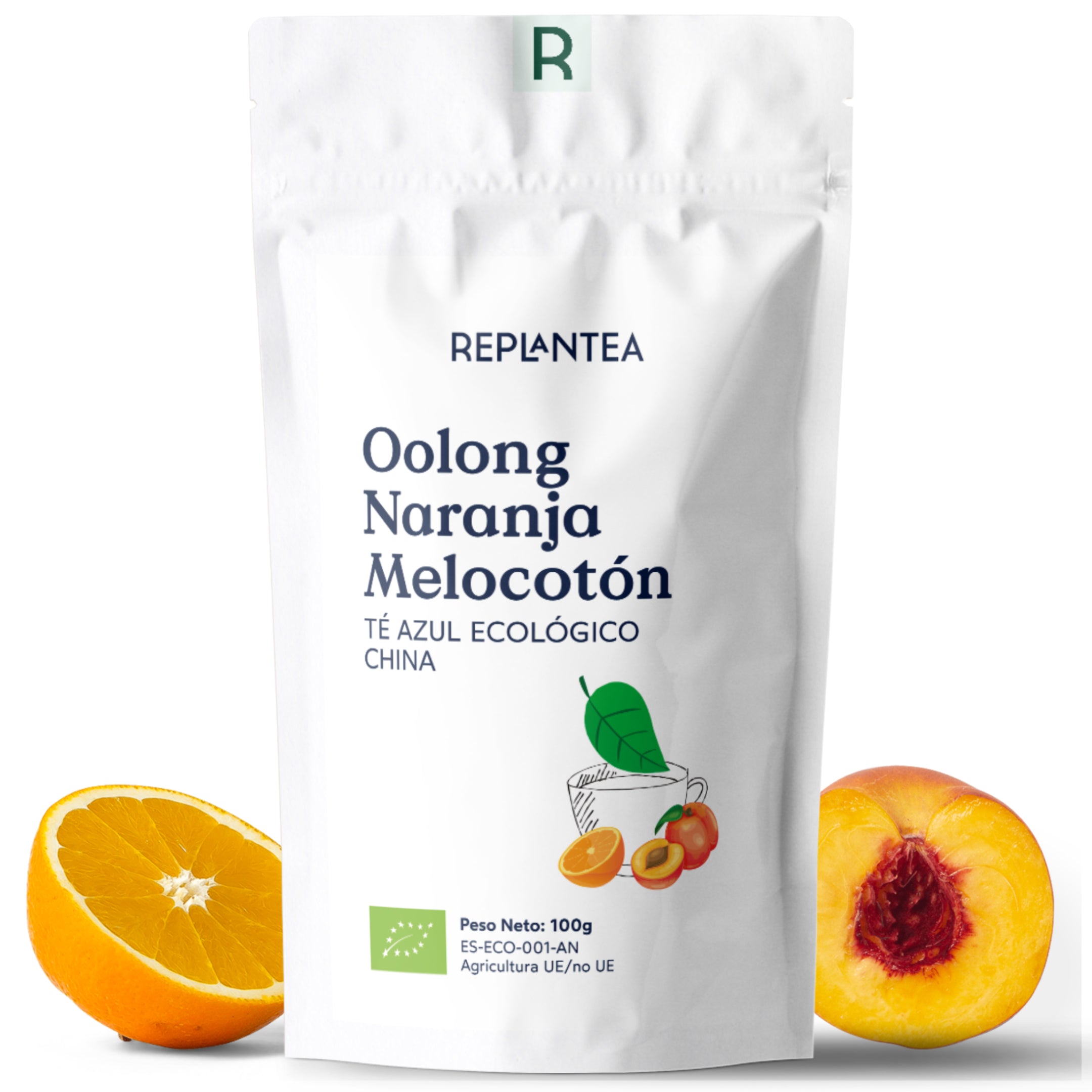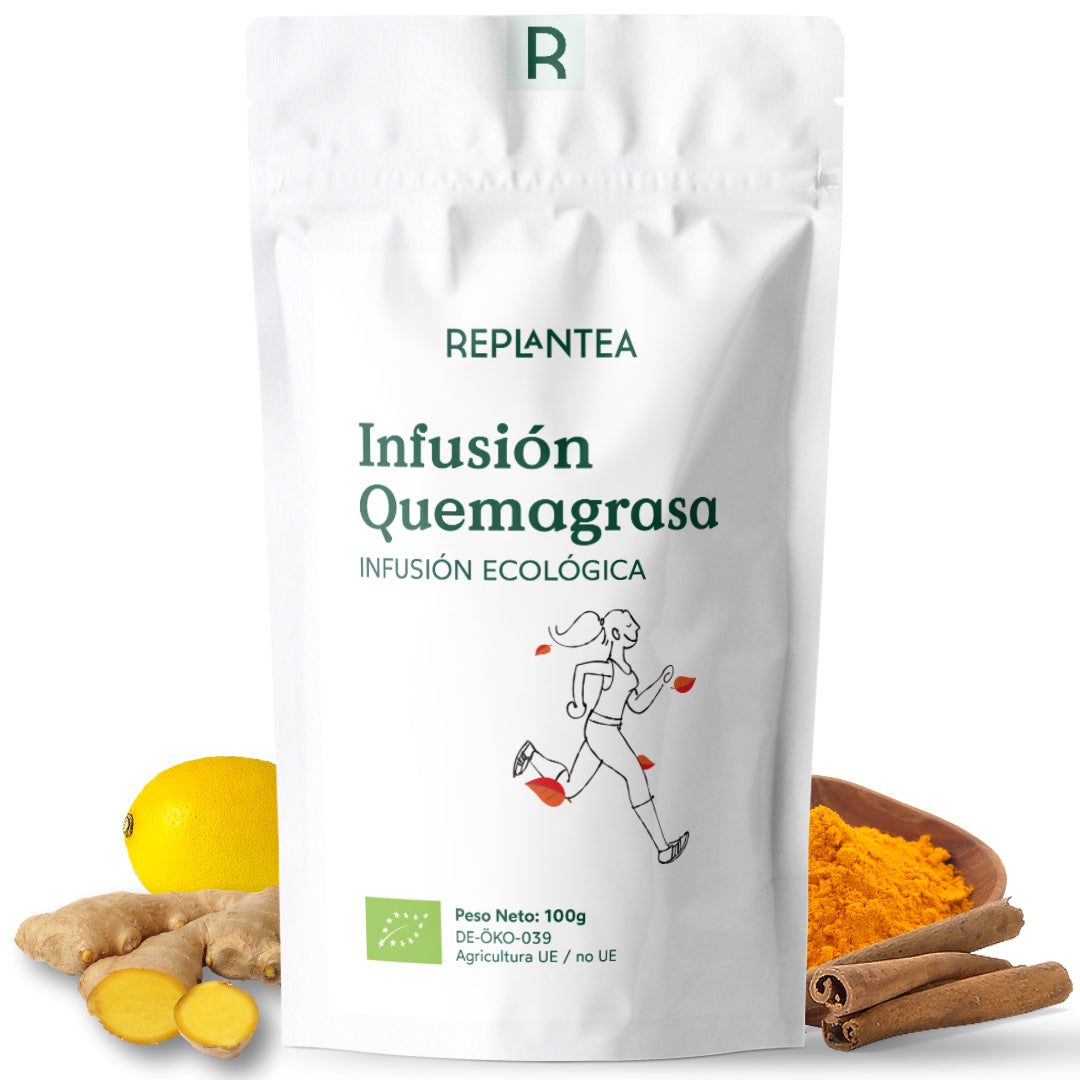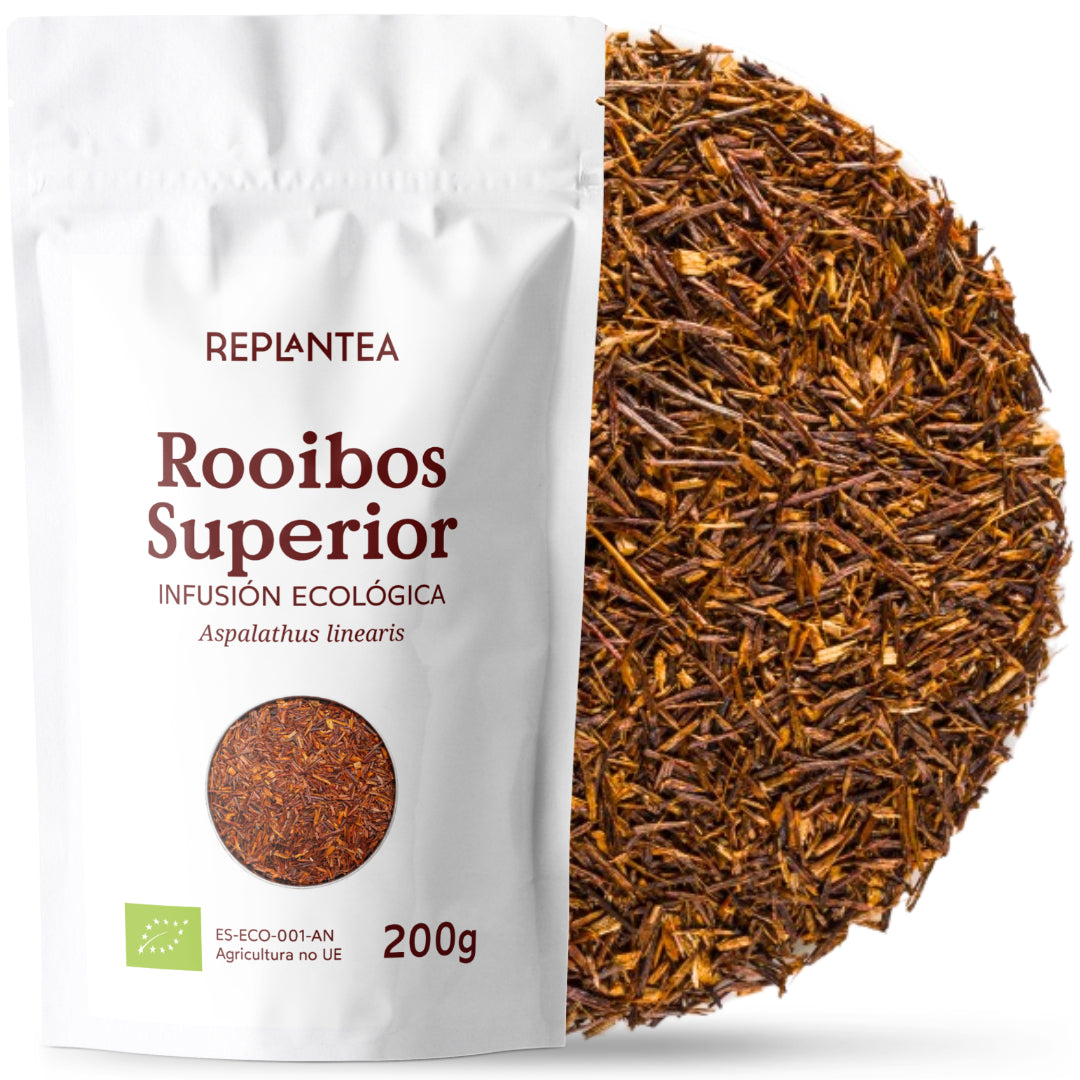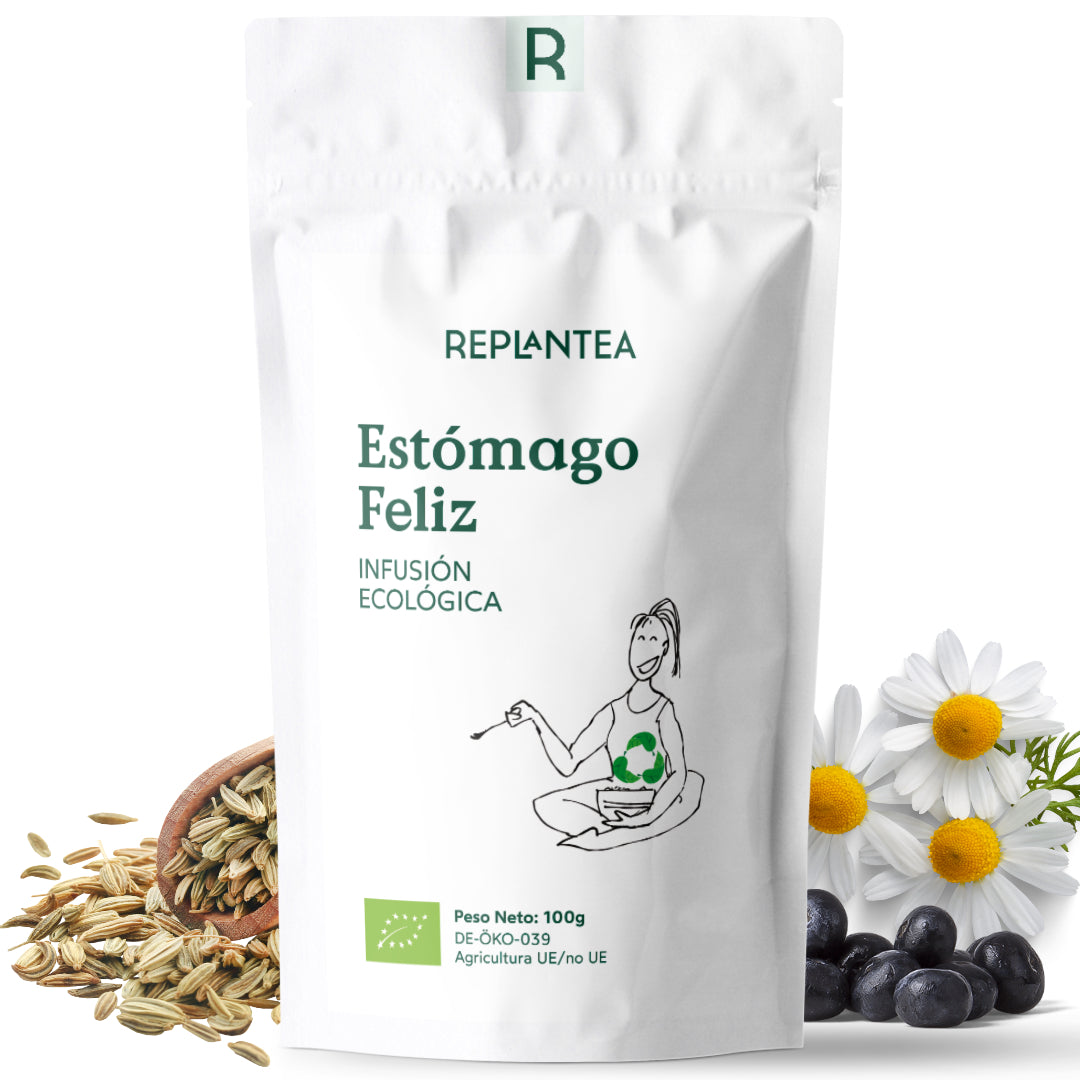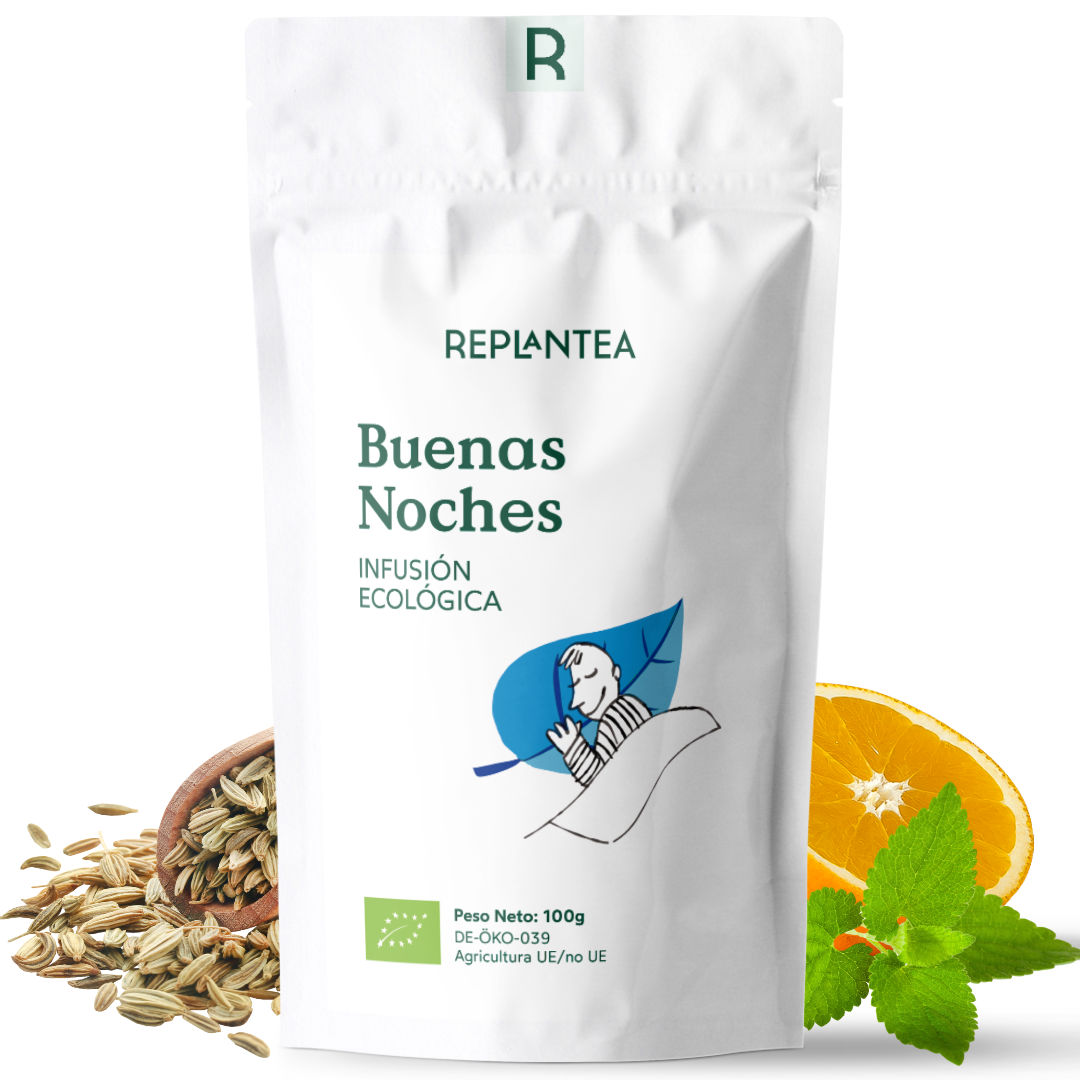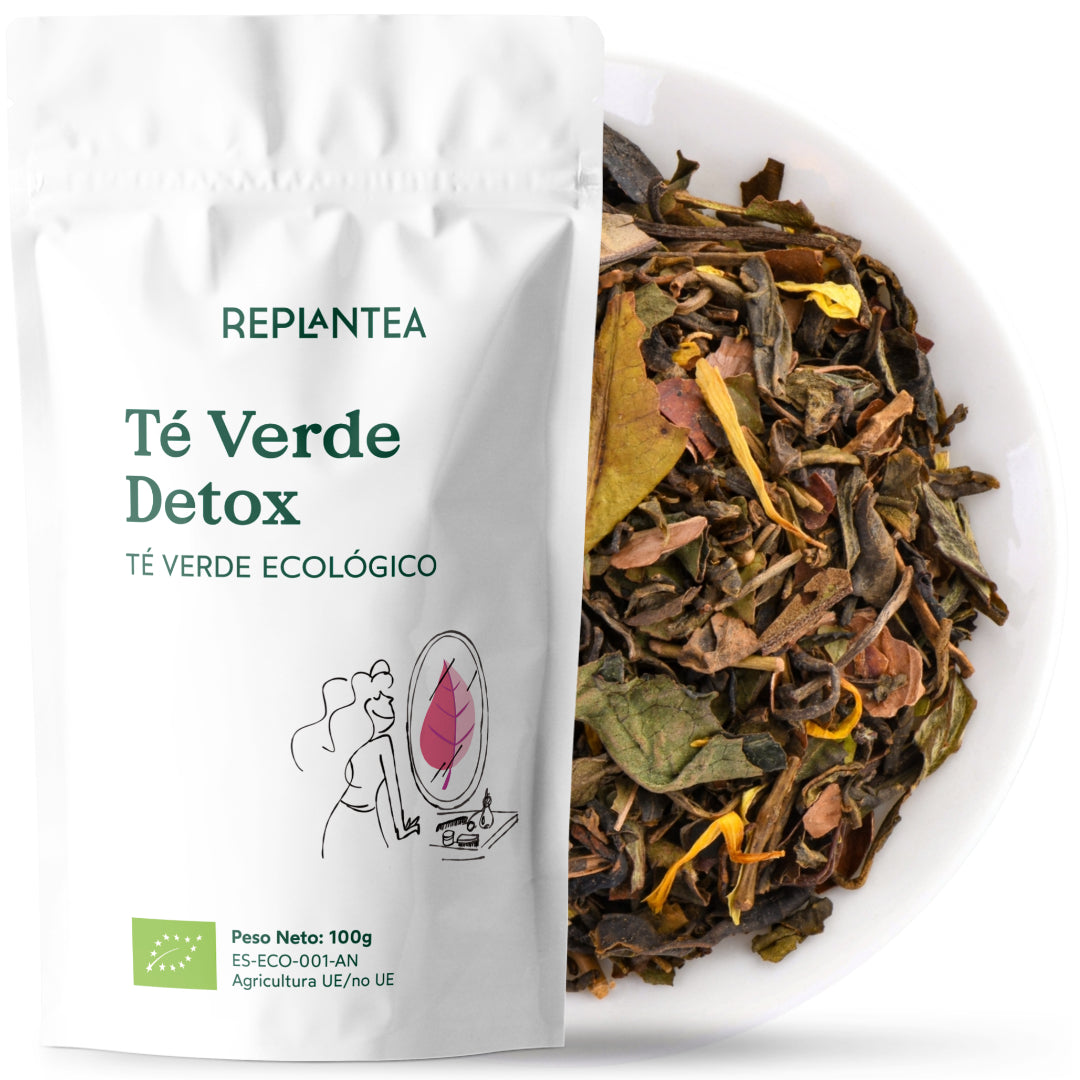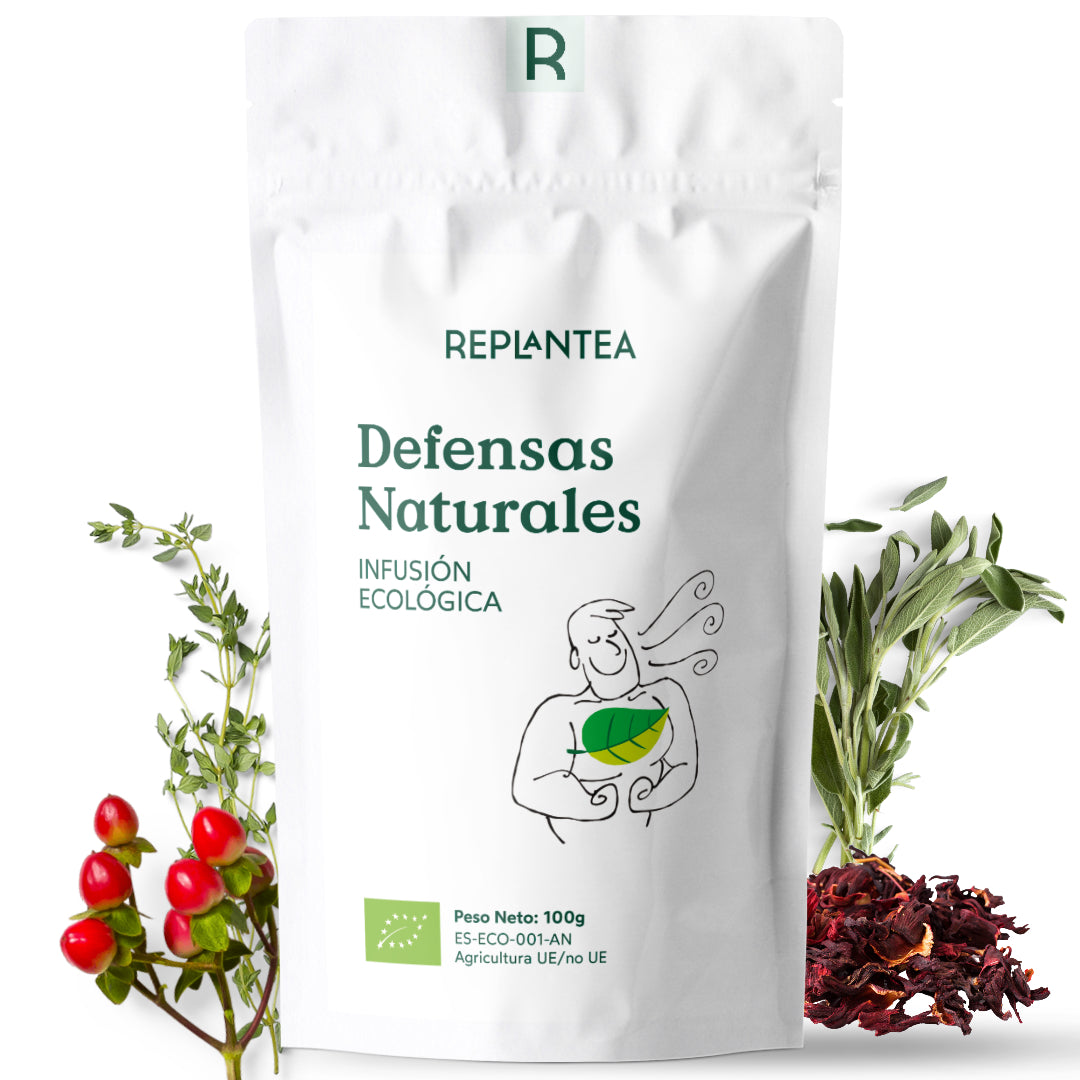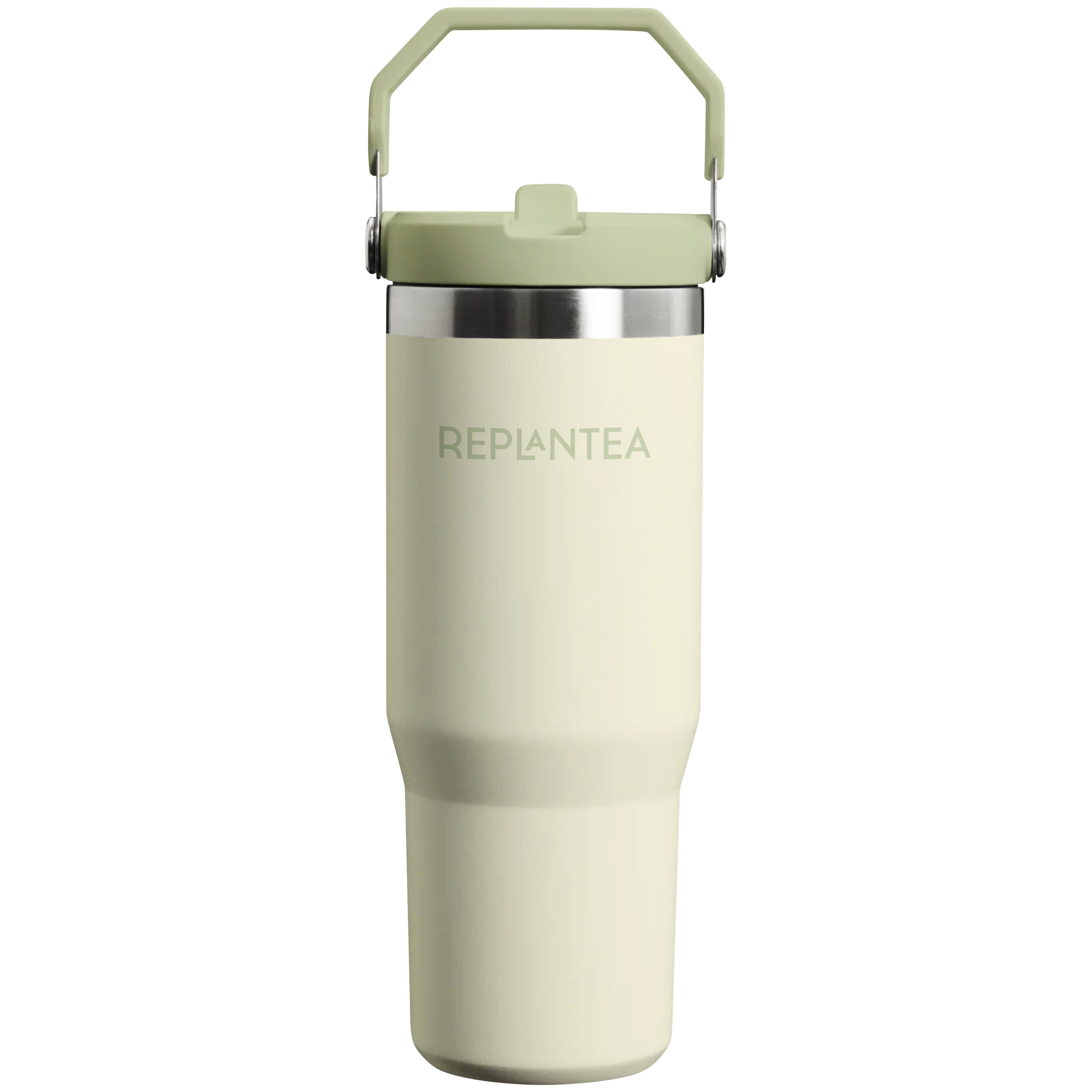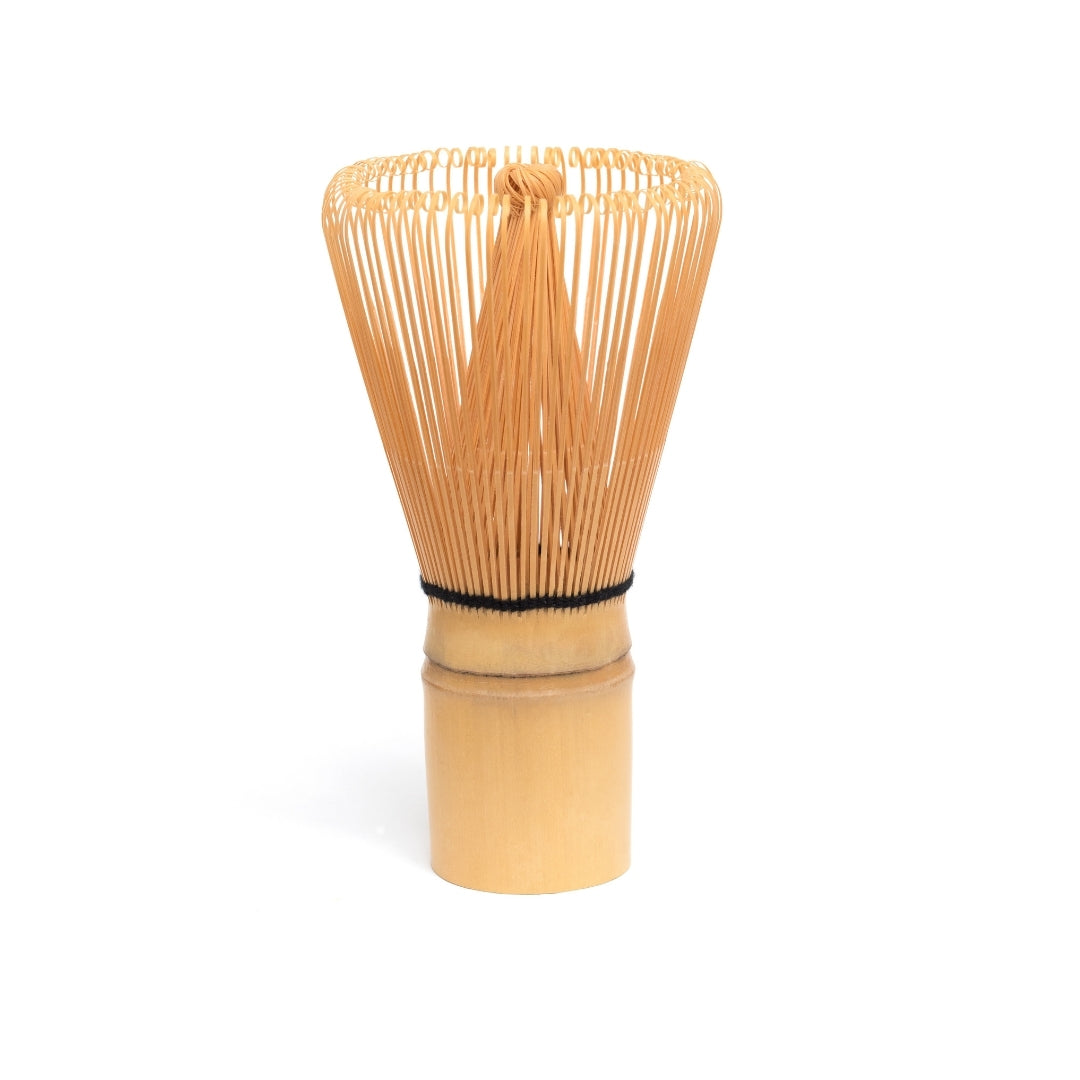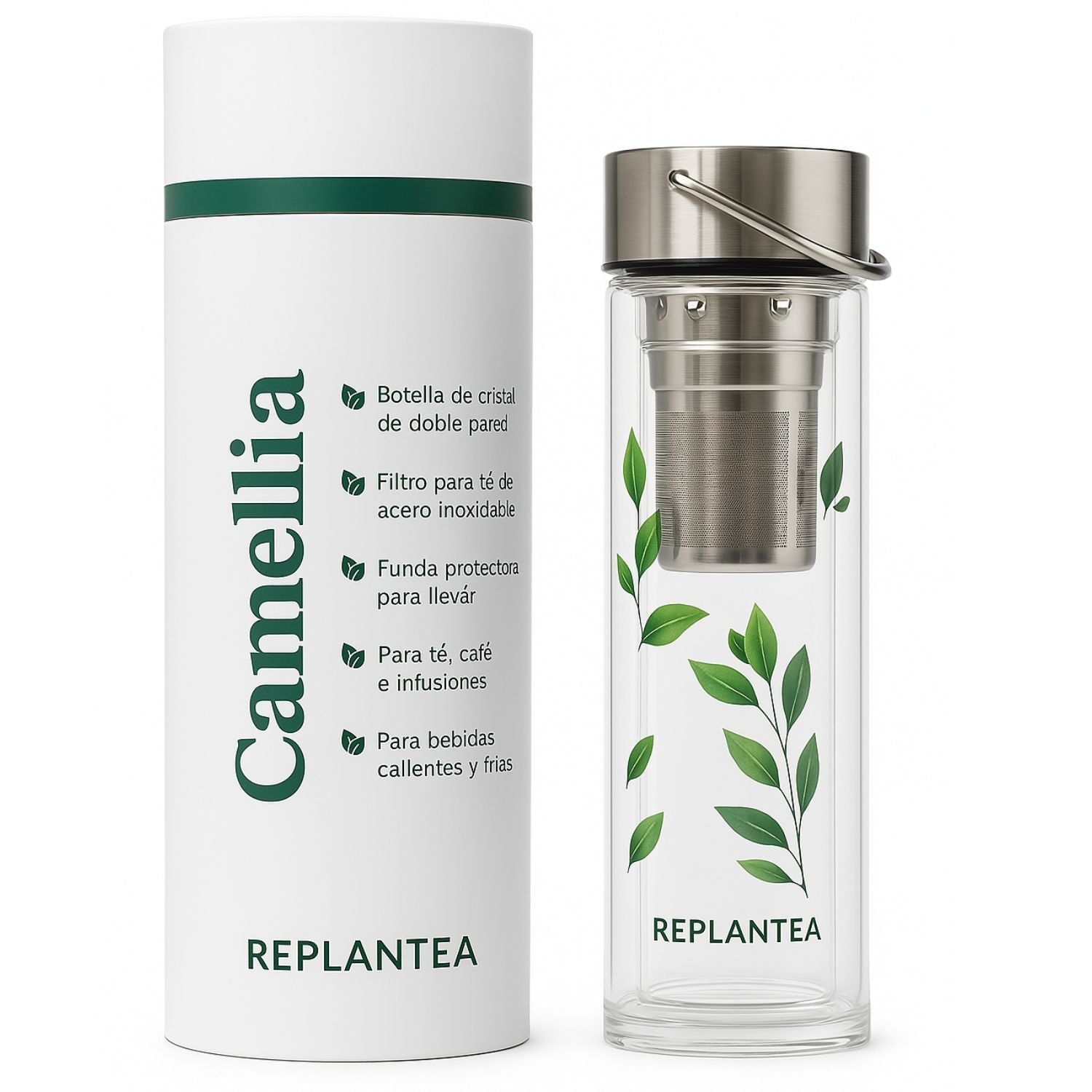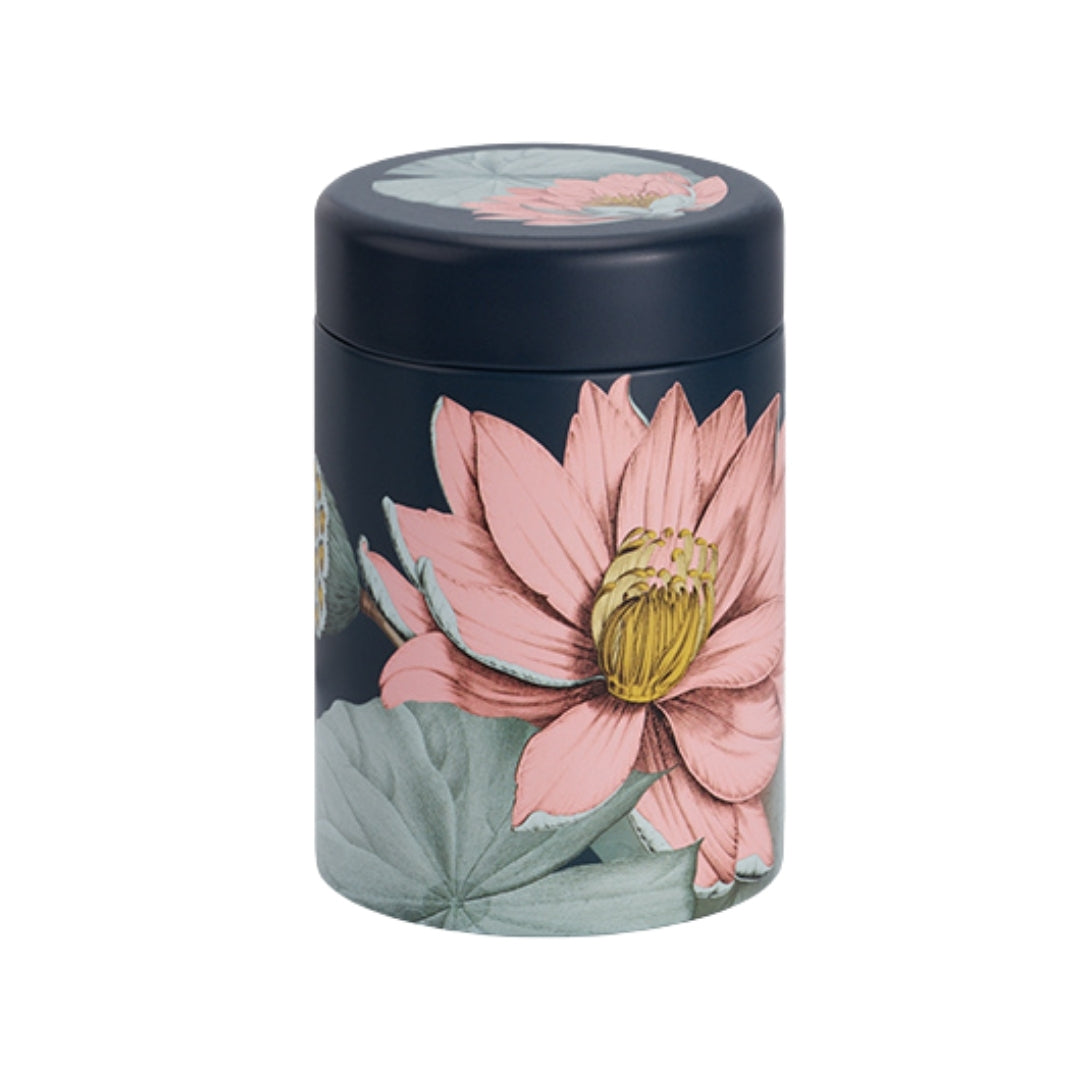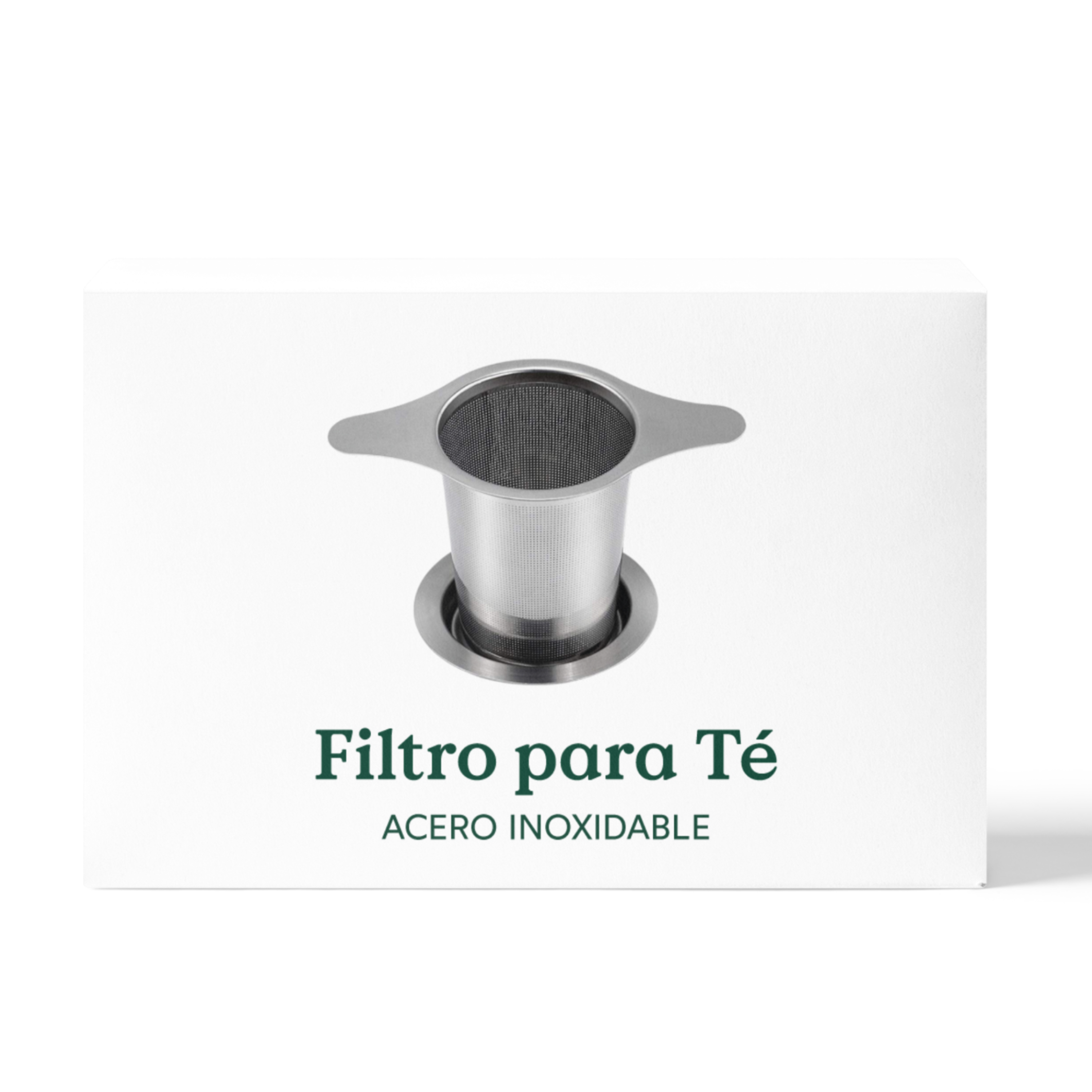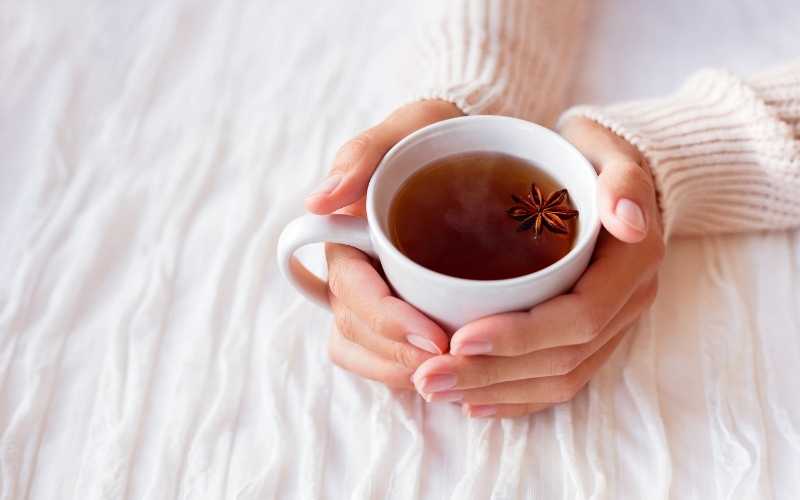
Tea and Intermittent Fasting: Benefits and Tips
What is intermittent fasting? | Benefits of intermittent fasting | How does tea boost intermittent fasting? | Recommended teas for intermittent fasting
If you're thinking about following a new intermittent fasting plan , we're sure you'd like to know that drinking tea and herbal teas can help you achieve your goals. Read on to learn about the health benefits of intermittent fasting, how tea enhances them, and the best teas and herbal teas to make your fasting experience more enjoyable and manageable.

What is intermittent fasting?
Intermittent fasting is a dietary technique and, for some, a lifestyle choice. It involves alternating between meals and fasts during specific periods of time . There are several fasting methods , but the best known are the 5:2, 16/8, and Eat Stop Eat. The 5:2 method involves eating normally for five days a week and then eating between 500 and 600 calories each day on the remaining two days.
The 16/8 method involves eating calories for 8 hours and fasting for the remaining 16 hours. For example, eating between noon (12:00) and 8:00 p.m., and setting the fasting window between 8:00 p.m. and noon the following day.
The Eat-Stop-Eat method consists of choosing one or two non-consecutive days a week during which you fast for 24 hours. On the other days of the week, you can eat normally.
Benefits of intermittent fasting
Accelerates weight loss
Most people's first contact with intermittent fasting usually occurs when looking for a weight-loss method. Research so far shows that intermittent fasting can help increase fat burning by lowering insulin levels.
Several of these studies have found intermittent fasting to be a valid option for people looking to reduce body fat and lose weight. Intermittent fasting can be an easier method for losing weight than calorie restriction because you can still eat whatever you want, but you have to do so within a specific timeframe.
Improves brain function
Intermittent fasting not only increases energy, but also helps improve concentration and alertness . Animal studies have shown that intermittent fasting has a positive effect on learning ability and memory.
Improves heart health
Intermittent fasting may improve heart health by reducing blood pressure, triglycerides, and bad cholesterol (LDL). A 2017 scientific publication found that overeating can lead to insulin resistance, excess fat, and cardiovascular disease, especially when combined with a sedentary lifestyle. The study found that intermittent fasting could help reduce these risks and improve weight loss .
How does drinking tea boost intermittent fasting?
Helps you feel full
During the fasting period, it may take your stomach a few days to adjust to feeling lighter and not constantly digesting food. You'll also start to feel quite hungry during these periods. Drinking tea can help alleviate these problems while your body adjusts to the fasting period.
The catechins in green tea have been shown to support healthy ghrelin levels. Ghrelin is a hormone known as the "hunger hormone" and is primarily responsible for those pesky hunger pangs.
Boosts weight loss
There is a wealth of research showing that drinking tea can help accelerate weight loss and support long-term weight management. Tea is a calorie-free beverage, making it a great substitute for juices and diet sodas if you're watching your calorie intake.
Additionally, the catechins in tea help increase fat loss . One way tea does this is by increasing the body's internal temperature. Theine also increases energy and fat oxidation , helping you lose weight faster.
RELATED INFORMATION
Increases energy
Black tea, green tea, and white tea contain a synergistic blend of theine and L-theanine. Theine gives you a boost of clean energy , which can help combat the fatigue that many people experience when they begin fasting.
Although the theine in tea is different from what you'd expect from black coffee, primarily due to the presence of L-theanine. L-theanine is an amino acid that promotes calm and focus , and prevents the jolt, jitters, and final crash that often comes with a cup of coffee.
Additionally, L-theanine helps maintain a state of mindfulness. This is why Tibetan monks have been using tea for centuries to support their fasting and meditation.
RELATED INFORMATION
Helps eliminate toxins
Drinking tea alongside intermittent fasting supports the body's natural detoxification process known as autophagy. The process is triggered by the activation of a protein, which encourages the body to eliminate damaged cells and promote the regeneration of new cells. This process is essential when it comes to preserving muscle mass and preventing age-related diseases.
During the fasting window, the catechins in tea activate autophagy, helping the body detoxify and rebuild cells. The catechins in tea also help eliminate free radicals that can cause oxidative stress. Oxidative stress is the body's form of oxidation and has long been linked to degenerative diseases, including premature aging.
RELATED INFORMATION
Recommended teas for intermittent fasting
Green tea
Studies show that green tea increases metabolic rate and can increase 24-hour energy expenditure by nearly 5 percent. This means you can burn fat faster and reach your weight loss goals sooner. The catechins in green tea also help reduce hunger hormone levels so you feel full after your last meal, even during longer fasts.
Yerba Mate
Yerba mate provides a wealth of antioxidants and nutrients, containing caffeine, which increases your energy and enhances concentration. It also reduces fatigue and helps burn more fat during exercise. Yerba mate is a great supplement for fasting because it reduces appetite, helping to combat hunger pangs.
Mate is an energizing tonic for the body and mind. It provides vital nutrients to the brain and helps improve memory and concentration . It delays the buildup of lactic acid during physical exercise and improves motor response. Mate contains pantothenic acid, or vitamin B6, which stimulates metabolism and helps convert food into energy and break down cholesterol, steroids, and fatty acids.
Nettle
The nettle It is an excellent source of chlorophyll, vitamins, and minerals , providing natural energy to our body and being very beneficial for the liver, gallbladder, and kidneys. Nettle also naturally contains serotonin, enhancing the effects of fasting.

Rooibos
Rooibos tea is a caffeine-free herbal infusion, making it an ideal afternoon tea. Rooibos tea is known for its liver health benefits. In terms of supporting fasting, rooibos tea may help the body metabolize fat more efficiently .
Black tea
Black tea is made from the same plant as green tea, Camellia sinensis . The leaves are oxidized over a long period of time, giving them a deep black color and a rich flavor similar to black coffee. It contains about half the caffeine of a regular cup of coffee, but also contains L-theanine. This amino acid slows the release of caffeine, resulting in a longer-lasting energy boost and increased focus, complementing the benefits of fasting.
Replantea Fasting Infusion
In our online store, you'll find our fasting infusion , in which we select 100% organic ingredients with unique properties to enhance the positive effects of intermittent fasting , such as yerba mate, nettle, fennel, blackberry leaf, and rosehip.


